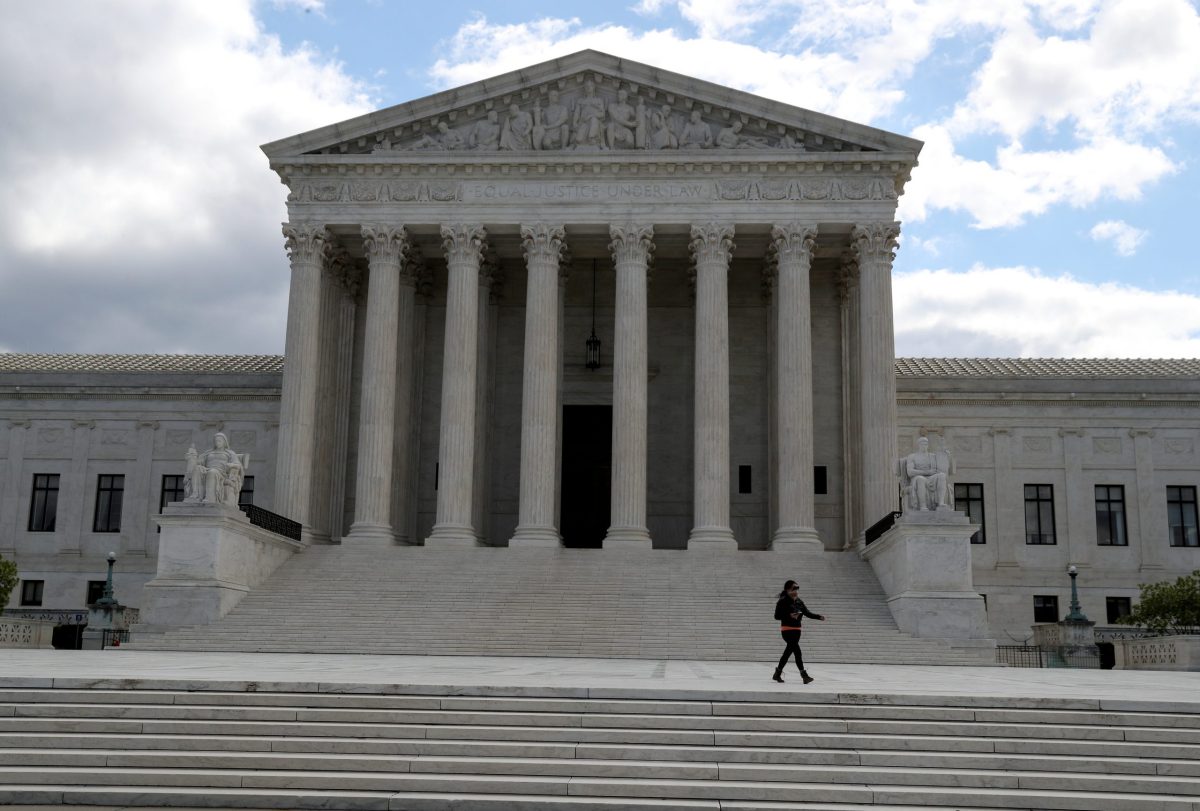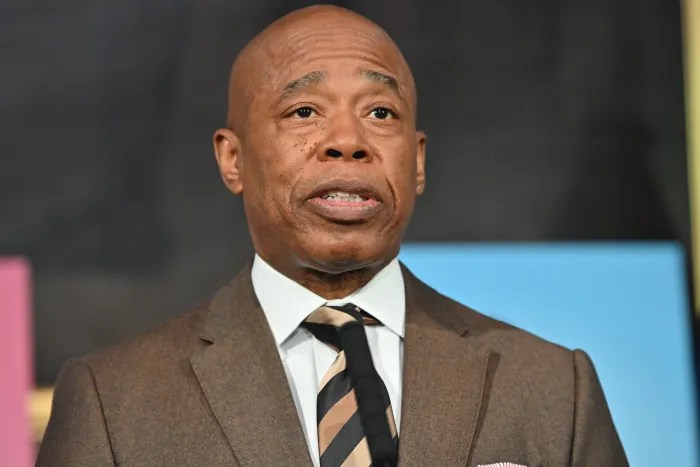BY LAWRENCE HURLEY AND ANDREW CHUNG
The U.S. Supreme Court on Monday placed limits on the Securities and Exchange Commission’s practice of forcing defendants to surrender profits obtained through fraud as part of its enforcement of investor-protection laws in federal courts, but stopped short of disallowing such action.
The court reaffirmed the agency’s authority to seek disgorgement, a part of its civil enforcement arsenal aimed at passing on funds acquired in fraudulent schemes to the original investors.
But, in an 8-1 vote ruling authored by liberal Justice Sonia Sotomayor, the court limited the scope of what can be sought via disgorgement by saying that it cannot exceed the net profits of the conduct at issue. The court also said that disgorgement generally must go to the “wronged investors.”
Conservative Justice Clarence Thomas was the sole dissenter, saying that disgorgement was not an authorized remedy.
The decision was issued in an appeal by a California couple, Charles Liu and Xin Wang, of a 2016 civil action brought against them by the SEC in federal court. The court sent the case back to lower courts for other unresolved legal issues to be considered.
The couple had been ordered to disgorge almost $27 million, the amount they raised from foreign investors for a cancer treatment center that was never built.
The SEC has said that in the most recent full fiscal year it collected $1.5 billion in disgorgements and penalties and paid $1.2 billion to harmed investors. Liu and Wang argued that Congress never gave the SEC authority to seek disgorgement, and that it is a form of punishment that courts cannot impose for the SEC.


































